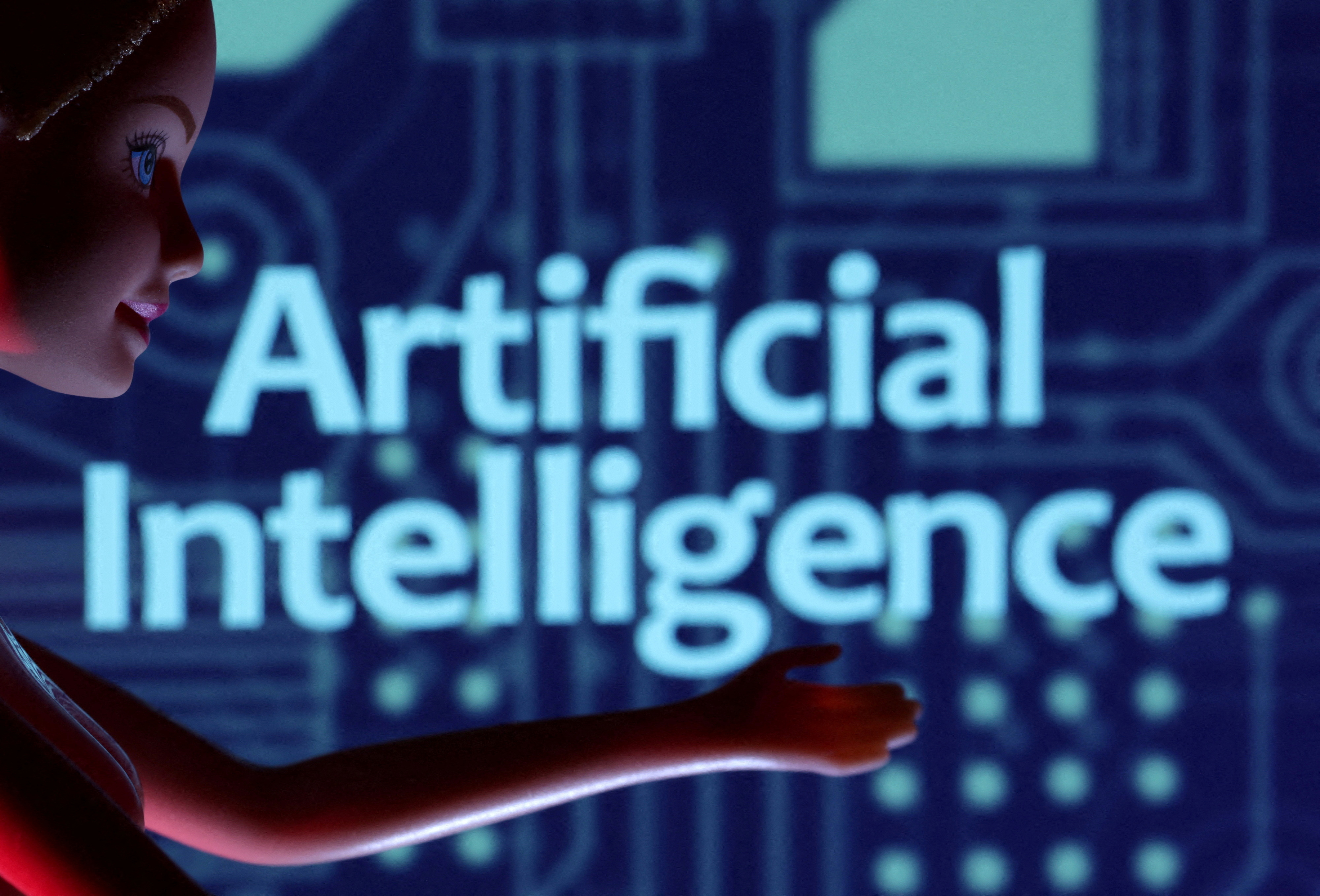
May 17 (Reuters) - The swift growth of artificial intelligence technology could put the future of humanity at risk, according to most Americans surveyed in a Reuters/Ipsos poll published on Wednesday.
More than two-thirds of Americans are concerned about the negative effects of AI and 61% believe it could threaten civilization. Since OpenAI's ChatGPT chatbot became the fastest growing application of all time, the widespread integration of AI into everyday life has catapulted AI to the forefront of public discourse. ChatGPT has kicked off an AI arms race, with tech heavyweights like Microsoft (MSFT.O) and Google (GOOGL.O) vying to outdo each other's AI accomplishments.
Lawmakers and AI companies are also concerned: OpenAI CEO Sam Altman on Tuesday testified before U.S. Congress, voicing concerns about potential misuse of the technology and asking for regulation.
"There's no way to put this genie in the bottle. Globally, this is exploding," said Senator Cory Booker, one of many lawmakers with questions about how best to regulate AI during a Senate panel on the uses of AI Tuesday.
The Reuters/Ipsos poll found that the number of Americans who foresee adverse outcomes from AI is triple the number of those who don't.
According to the data, 61% of respondents believe that AI poses risks to humanity, while only 22% disagreed, and 17% remained unsure.
Those who voted for Donald Trump in 2020 expressed higher levels of concern; 70% of Trump voters compared to 60% of Joe Biden voters agreed that AI could threaten humankind.
When it came to religious beliefs, Evangelical Christians were more likely to "strongly agree" that AI presents risks to humanity, standing at 32% compared to 24% of non-Evangelical Christians.
"It's telling such a broad swath of Americans worry about the negative effects of AI," said Landon Klein, director of U.S. policy of the Future of Life Institute, the organization behind an open letter, co-signed by Tesla (TSLA.O) CEO Elon Musk, demanding a six-month pause in AI research. "We view the current moment similar to the beginning of the nuclear era, and we have the benefit of public perception that is consistent with the need to take action."
/cloudfront-us-east-2.images.arcpublishing.com/reuters/2XY6EA4SNRKFLO2UDQAAJIUWHY.jpg)
AI threatens humanity’s future, 61% of Americans say: Reuters/Ipsos poll
The swift growth of artificial intelligence technology could put the future of humanity at risk, according to most Americans surveyed in a Reuters/Ipsos poll published on Wednesday.

